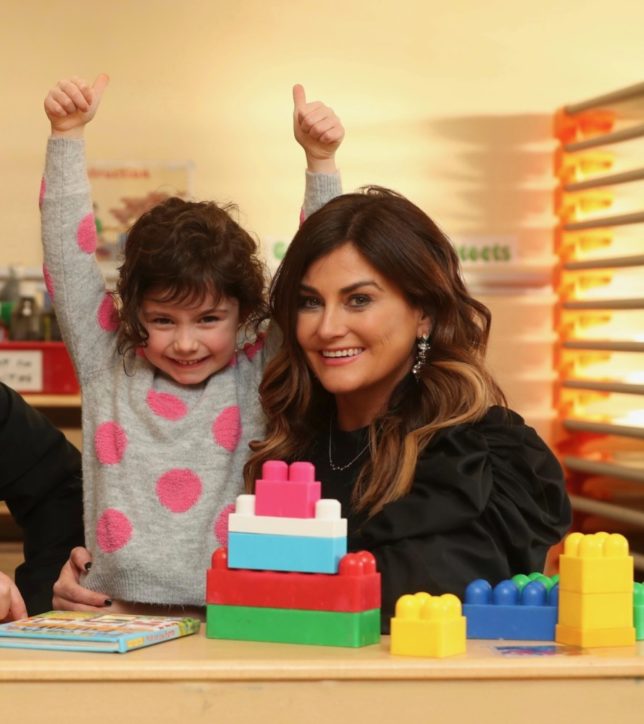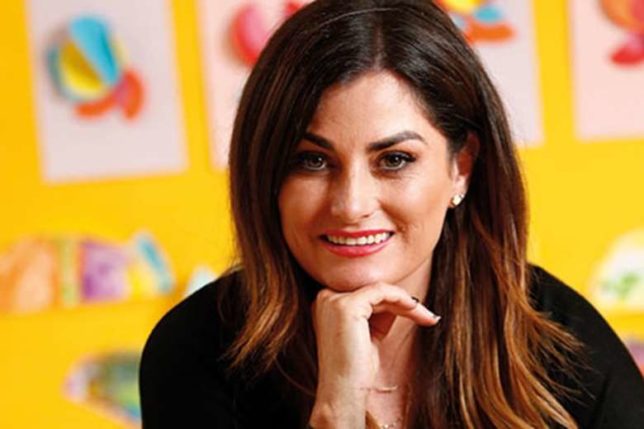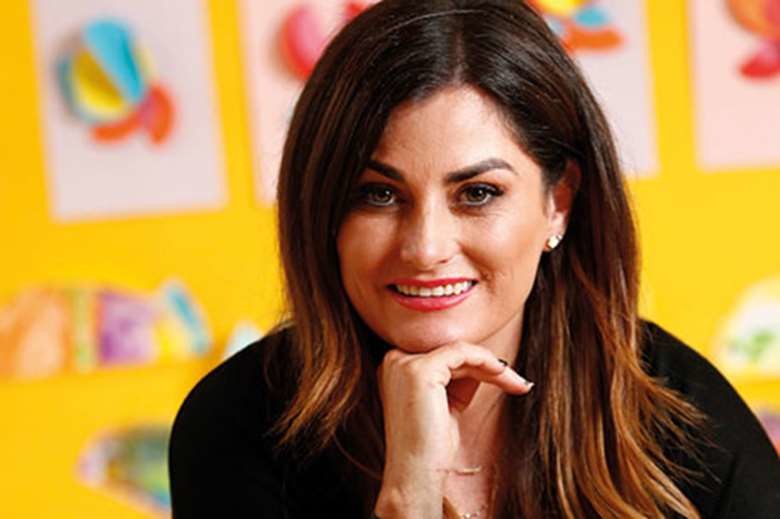By Karen Clince, founder and CEO of Tigers Childcare.
The world has changed for our children over the last year. The global pandemic has affected normal life and with it, the experience and interactions that would be seen as normal to a child.
If we look at even a child’s immediate world – their parents, family members, friends, neighbours and teachers – interactions with all are now limited. Parents are also anxious and stressed themselves and this impacts the child.
The environment they live in and their ability to interact with that environment has also changed. Access to all the experiences they would have before is limited: holidays, extracurricular activities, visits to museums or places of interest all gone, even visiting another person’s home have all but disappeared.
It would be naïve of us not to think this would have an effect on our children. Most visually, we may be seeing effects on their social and emotional development. Changes in behaviour and stress levels, or even regression may be seen.
How can we help our children navigate lockdown and reduce the impact of what is going on in the world around them?
Helping your child to practise mindfulness can help your child self-regulate their emotions. Take time to relax, helping them to gain focus and control in stressful situations.
Mindfulness can be described in a variety of ways. From mediation to yoga, to a simple colouring activity, the basic concept is to become aware and take notice of yourself and your surroundings. Mindfulness is simply, noticing what is happening right now. It gives a child time to stop, to think and to make sense of things.
Research has shown that practising mindfulness with your child can have numerous positive outcomes from helping with self-regulation, to improving resilience and even impacting school grades; some of the effects of mindfulness practice can impact the child in later life and actually change how our brains work.

What does mindfulness look like and how can I start practising at home?
As a childcare practitioner, mindfulness is a very important part of our weekly curriculum. It gives the children we care for time to relax and wind down after what is generally a very busy day coming from school to our after-school care. Our mindfulness sessions give children time to reflect on their school day and the experiences they have had that day.
Whether it is a session of yoga, or meditation these are quiet times that give a child an opportunity to tune into themselves.
Out of our dedicated sessions we also try to teach self-reflection and mindfulness throughout the day. If a child is upset or having a tantrum rather than jumping in and solving the problem, we will take the time to ask what’s going on? We repeat what the child says so they know we are listening and ask their opinions on problem-solving. We also use a soothe and support method. This is the understanding that when a child is overly upset, they cannot listen, self-reflect or self-regulate. By understanding we first have to soothe, we use mindfulness deep breathing techniques in order to get the child to a place where they are more receptive and will take on support from an adult.
Here are some ways in which you can bring these mindfulness practices into your home:
Morning wake-up or bedtime are ideal opportunities to practise some mindful meditation. A calm start to the day can really set up a child for the day to come. It also gives some opportune time to spend quietly together. There are a number of free child meditation apps that can guide you through.
When a child is more familiar with guided meditation you can then just use music and allow them to take you through their class and make up the meditation themselves.
Don’t jump in when there are tantrums. Soothe and support. Always calm your child first. Then ask what is going on. To make sure you understand, repeat back to them what they tell you. Then ask what they think the solution is? A child will be much more onboard if they are part of the solution.
A handy activity is to use a glass jar and get a child to add water and glitter. Get the child to shake the jar and see how the glitter swirls around, ask them to describe what is happening to the glitter. Explain that this is what it is like when feelings are out of control. Put the jar on the ground and wait for the glitter to settle, then explain this is what we need to do when our feeling is out of control. We need to be still and take time to settle too.
Try to slow things down. We are so used to rushing through life, be mindful that your children will sometimes find transitions hard. Take time to ask their opinion and what they think, or what they would do in certain situations. If you pick up on your child’s mood, express that to them. Increasing a child’s language around feelings helps them to express themselves and be mindful. So, noticing your child is tired while out and about acknowledging it with “I can see you are really exhausted, but we just have five more minutes’ walk and we will be home”.
Practising breathing techniques can be really helpful. Teaching breathing in and out, and fast and slow, can help your child relax and unwind.
Notice their surroundings and explore senses. When out, ask your child to describe the setting. In the park ask questions like, what do you see? What can you hear? What can you smell?
Remember young children may have short attention spans, however when practised regularly a child will become more open to mindfulness practices and they will become second nature. These skills will not only become part of your family routine, but they will be lifelong skills embedded in their growing brains making them more resilient and ready to take on the stresses of life. After the last year of lockdown, we could all benefit from a bit of that.
About the expert
Karen Clince is founder and CEO of Tigers Childcare, a provider of high-quality childcare services in Ireland and the UK catering for over 2000 children across 13 centres and employing over 180 people.

Karen set up Ireland’s first after-school childcare facility in 2003 and over the following 18 years has expanded Tigers Childcare to offer pre-school and full day care facilities. In March 2020 she opened Tigers Childcare’s first UK childcare centre – a 7000sq ft facility in Elephant and Castle.
Karen has acted as an advisor to many Irish government departments and voluntary bodies on childcare and early years education. She is one of only 50 people in Ireland to be trained in the world-renowned ITERS and ECERS scales, designed to deliver high-quality processes for early childhood and school-age care and education.

